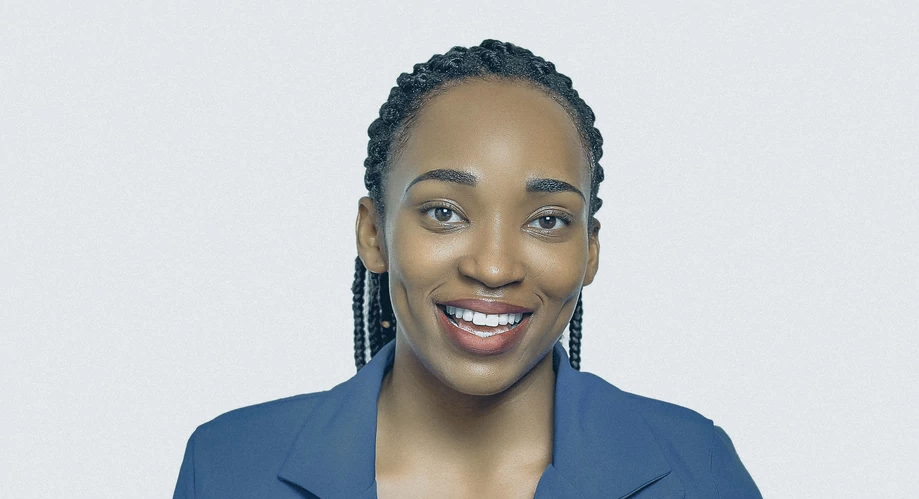Meet the young Ugandan entrepreneur fighting cancer with AI
Shamim Nabuuma Kaliisa is changing the lives of African women with pioneering technology to diagnose cervical cancer

In sub-Saharan Africa, cervical cancers are the leading cause of female cancer deaths. As the founder of Community Healthcare Innovation Lab (CHIL) Artificial Intelligence Group, Shamim Nabuuma Kaliisa is on a mission to change that.
Having lost her mother to cervical cancer at age 13, and having herself survived breast cancer while in medical school, Nabuuma Kaliisa - now aged 26 - decided she wasn’t going to allow other women in rural Uganda to go through the pain of living with cancer, simply because they had no access to screening and testing facilities.
CHIL AI uses the latest technological advancements to offer services including AI guided consultation, Automated Referral, Automated Radiology Reports, Interpretation laboratory and Automated Drug Ordering, all accessed through their conversational chatbot accessible on various mediums. The system also allows disabled patients access to tele-health where this has previously been unavailable.
The CHIL AI chatbot allows those with seeing and writing disabilities to have access to and navigate services using only voice prompts. CHIL AI also uses guided e-oncology services and drone-powered transportation to transport cervical cancer specimens from remote rural areas to laboratories.
In 2019, 70% of all cancer deaths occurred in developing countries. Barriers to early detection include financial resources, distance from testing facilities and even the most basic information on cancer treatments. Many young Ugandan women find they have cancer only when it is in advanced stages and the cancer is untreatable.
CHIL AI began by manufacturing cervical and breast cancer self-test kits and through its AI-powered mobile app called Keti, it allowed women to consult with oncology experts, have samples collected and sent to laboratories and have their test results interpreted and advised on what next steps to take.
In recognition of her pionerring work, Nabuuma Kaliisa recently appeared on Forbes Africa 30 under 30 List. Now her company is rolling out products in other sectors such as agritech, fintech and drone technology, all targeted specifically at helping women.
Under its new agritech business, the CHIL AI Group is offering farmers a solar cold shed technology solution that the company says can keep vegetable produce fresh for at least 24 days. Its other agritech solution, Lima, uses artificial intelligence to predict pests attacks among other agricultural support provisions for farmers.
The new fintech branch has developed a smart card savings plan to help cancer patients afford upfront medical costs. Under its drone services branch, the company is offering drones for healthcare, e-commerce, and agriculture. This year the company has begun testing a robotics based service to automate its medical consultation, interpretation and referral services.
Join our commenting forum
Join thought-provoking conversations, follow other Independent readers and see their replies
Comments
Bookmark popover
Removed from bookmarks